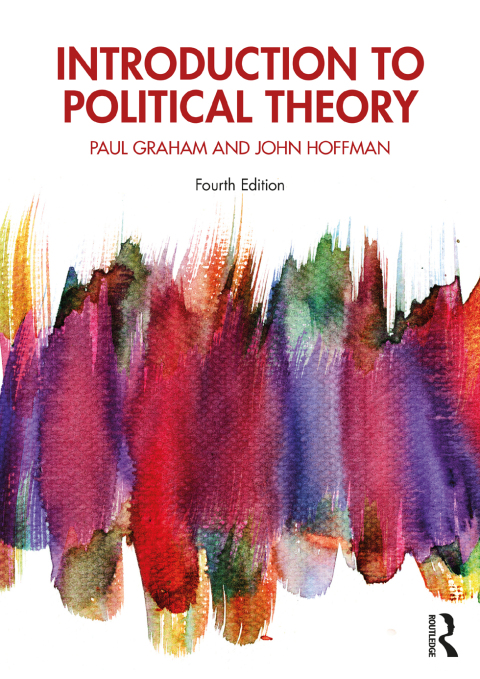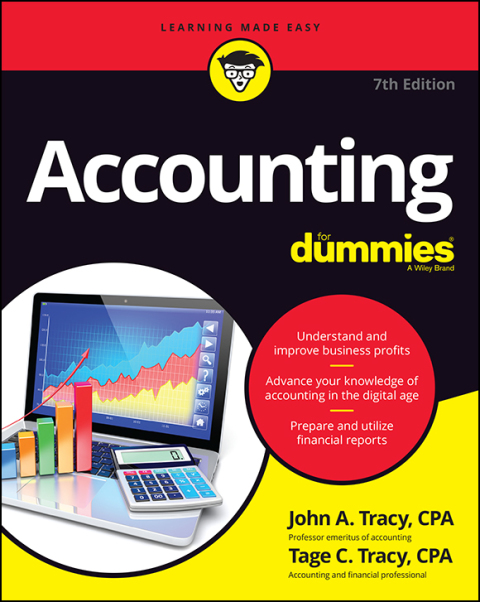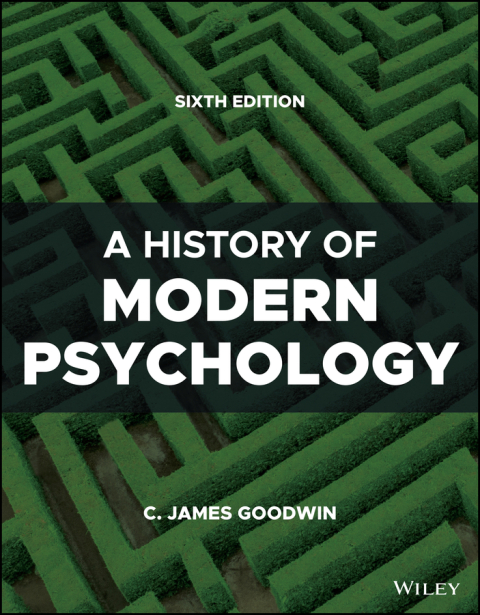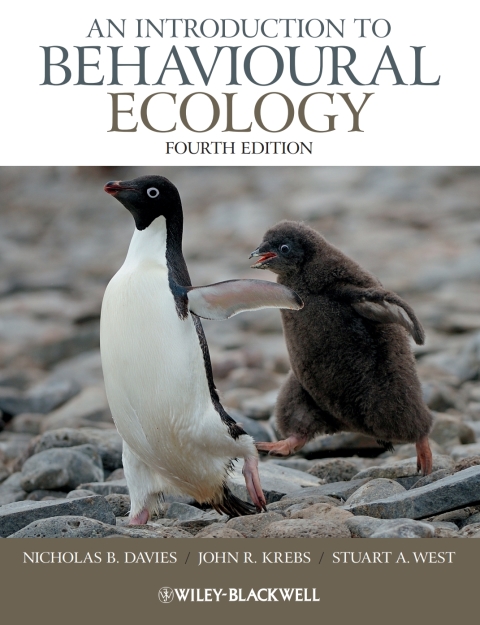Description
Efnisyfirlit
- Cover
- Half Title
- Title Page
- Copyright Page
- Brief Contents
- Table of Contents
- Preface to the Fourth Edition
- Introduction
- Politics and political theory
- The structure of this book
- Theories and concepts
- Ideologies
- Global political theory
- How to read the book
- Part 1 Coercion, legitimacy, and collective choice
- Chapter 1 The State
- What is the state?
- Case study 1.1: Do we need the police?
- The state as the product of individual self-interest
- Goods – public, common, private, and club
- The state as ethical
- Rousseau
- Kant
- Hegel
- The state and the politics of the exception
- The state in international politics
- Realism
- Liberalism
- Schmitt on international relations
- Should policing be privatised?
- Chapter 2 Democracy
- What is democracy?
- Case study 2.1: Was Brexit a mistake?
- Majorities
- The median voter
- Interest groups
- Log-rolling
- Voting with your feet – Tiebout sorting
- Is voting rational?
- Voting paradoxes
- Brexit and voting paradoxes
- Epistemic theories of democracy
- Economists and Brexit
- Expertise and heuristics
- Deliberative democracy
- Brexit (again)
- Chapter 3 Punishment
- Defining punishment
- Case study 3.1: Precrimes
- Retributivism
- Consequentialism
- Indirect consequentialism
- The argument so far
- Restitutivism
- Capital punishment
- Retributivism and capital punishment
- Consequentialism and capital punishment
- Restitutionism and capital punishment
- The status of the executed person
- Prepunishment
- Chapter 4 Civil disobedience and conscientious objection
- Civil disobedience and law-breaking
- Case study 4.1: Refusing military service
- Law-breaking
- Civil disobedience versus rebellion
- Democracy and obedience
- Problems with democracy
- Rawls: civil disobedience and conscientious refusal
- Conscientious refusal
- Criticisms of Rawls
- Gandhi and satyagraha
- Martin Luther King and the Civil Rights Movement
- Historical background to the Civil Rights Movement
- Martin Luther King, ‘Letter from Birmingham City Jail’ (1963)
- Selective versus absolute pacifism
- Part 2 Freedom, equality, and justice
- Chapter 5 Equality
- Principles of equality
- Case study 5.1: Should the family be abolished?
- Moral equality
- Moral autonomy and moral equality
- Nietzsche contra moral equality
- Moral equality and the moralistic fallacy
- Legal equality
- Equal liberties
- Do freedom and equality conflict?
- Material equality
- Equal access
- Equal access and freedom of association
- Equality of opportunity
- Equality of outcome
- Affirmative action
- Collectivising childcare
- Chapter 6 Freedom of action
- What is freedom?
- Case study 6.1: Should there be a tax on sugar?
- The value of freedom
- Unfreedom versus inability
- J.S. Mill and the harm principle
- Consent
- Paternalism
- Paternalism and public policy
- Paternalism towards children
- Is consent enough? Is harm the only consideration?
- A tax on sugar
- Chapter 7 Freedom of speech
- Is there such a thing as free speech?
- Case study 7.1: Anti-vaxxers and free speech
- Speech-acts
- Restrictions on speech
- Mill’s defence of free speech
- Harm
- Is speech a public good?
- The offence principle
- Quality uncertainty
- Incitement to hatred
- Social media
- Anti-vaxxers
- Chapter 8 Distributive justice
- Theories of just distribution
- Case study 8.1: Fair taxes
- Rawls and priority to the worst-off
- The original position
- Motivation in the original position
- What would be chosen in the original position?
- The two principles of justice
- The difference principle
- Rawls, Meade, and a property-owning democracy
- Nozick: a libertarian theory of justice
- Nozick’s starting point: private property rights
- Just acquisition – Locke and Nozick
- Just transfer
- Types of theory
- Rectification
- Left libertarianism
- Cohen: a Marxist perspective on distributive justice
- Cohen against Nozick
- Cohen against Rawls
- Fair taxes
- Part 3 Classical ideologies
- Chapter 9 Liberalism
- The meaning of liberalism
- Case study 9.1: Should it be illegal to buy sex?
- Liberalism as neutrality
- The historical background
- Toleration
- Toleration as neutrality
- Liberal perfectionism
- Utilitarianism
- Contractarianism
- Locke
- Liberals and sex workers
- Chapter 10 Conservatism
- Conservatism: an elusive ideology?
- Case study 10.1: Reforming the House of Lords
- Basic elements of conservatism
- The conservative revolution
- Hume
- Burke
- Oakeshott
- Strauss and American neoconservatism
- Lords reform
- Chapter 11 Socialism and Marxism
- Case study 11.1: Why so many deaths?
- The problem of utopia
- Science and the ‘utopian socialists’
- Introducing Marxism
- The authoritarian consequences of ‘scientific socialism’
- The inevitability argument
- What happens when revolutions are ‘bourgeois’ in character?
- What happens when revolutions are ‘pre-mature’?
- Rosa Luxemburg, the Bolshevik Revolution, and Stalinism
- The dilemma of democratic socialism
- Eduard Bernstein and the German socialists
- Bernstein, revisionism, and the British tradition
- Bernstein’s argument
- The British Labour Party and the Fabians
- The Labour Party, constitutionalism, and the trade unions
- Blair’s socialism
- International social democrats
- Socialism in America
- Can Marxism be rescued?
- The notion of revolution
- The inevitability problem and the liberal tradition
- The question of class and agency
- Socialism and inevitability
- The problem of utopianism
- Death and socialism
- Chapter 12 Anarchism
- What is anarchism?
- Case study 12.1: CHAZ or CHOP?
- Anarchism and its relationship to socialism
- Philosophical anarchists
- Free market anarchists
- Nozick’s minarchism
- Republican Spain and the anarchist experience
- The problem of violence
- Anarchism and the new social movements
- Organisation and relationships
- The problem of hierarchy
- The question of self-determination and constraint
- Anarchism and the distinction between state and government
- CHAZ (or CHOP) revisited
- Chapter 13 Nationalism
- Nations and nationalism
- Case study 13.1: Who is Scottish?
- Liberalism and nationalism: Mill and Herder
- John Stuart Mill
- Johann Gottfried von Herder
- Socialism and nationalism: Marx and Engels
- The contemporary debate
- Civic nationalism
- Liberalism and communitarian nationalism
- Missionary nationalism
- Ethnonationalism
- Scottish nationalism
- Chapter 14 Fascism and the radical right
- Defining fascism
- Case study 14.1: The ‘threat’ from the far right
- Fascism in Italy
- Nationalism and war
- Corporativism, violence, and the state
- Intellectual roots
- Fascism in Germany – national socialism
- A brief history
- The ‘socialism’ in national socialism
- The broad outlines of national socialist thought
- Radical right thought
- Spengler and decline
- Jünger, technology, and the individual
- Evola and tradition
- Strands and tensions in radical right thought
- The intelligence services and the far right
- Part 4 Contemporary Ideologies
- Chapter 15 Feminism
- Feminism or feminisms?
- Case study 15.1: Fertility outsourcing
- Liberal feminism
- Mary Wollstonecraft
- John Stuart Mill
- Liberal feminism in Britain and the United States
- Radical feminist critiques
- Socialist feminist critiques
- Other critiques
- Socialist feminism
- Engels’ contribution
- Bebel and later socialists
- The domestic labour debate
- Liberal feminist critique
- Radical feminist critique
- Black feminist and philosophical feminist critiques
- Radical feminism
- Liberal feminist critique
- Socialist feminist critique
- Black feminist and philosophical feminist critiques
- Black feminism
- Liberal, socialist, and radical feminist critiques
- Philosophical feminist critiques
- Philosophical feminisms
- Feminist empiricism
- Standpoint feminism
- Postmodern feminism
- Liberal feminist critique
- Socialist, radical, and black feminist critiques
- Reproductive tourism
- Chapter 16 Multiculturalism
- Multiculturalism and political theory
- Case study 16.1: Is multiculturalism bad for women?
- Culture
- Race
- Religion
- Arguments for and against multiculturalism
- Multiculturalism as a struggle for recognition
- Multiculturalism as an extension of liberal rights
- Multiculturalism as legal pluralism
- Multiculturalism as hybridity
- Multiculturalism as allocative efficiency
- Multiculturalism as intergroup competition
- Women and multiculturalism
- Chapter 17 Ecologism
- Ecologism or environmentalism?
- Case study 17.1: Is there an argument for nuclear power?
- Environmental crisis
- Green politics
- Environmentalism and other ideologies
- Aldo Leopold and the land ethic
- Arne Næss and deep ecology
- Garrett Hardin and the ethics of the lifeboat
- Joseph Tainter – energy, complexity, and sustainability
- The argument so far
- Critique of ecologism
- Do ecologists have a plausible account of why we should value ‘nature’?
- Can ecologists respect the created world – that is, culture?
- Are ecologists hostile to human rights?
- Are ecologists hostile to reason and rationality?
- Is ecologism compatible with human equality?
- Is ecologism compatible with value pluralism?
- Nuclear power
- Part 5 Global political theory
- Chapter 18 Human rights
- What are human rights?
- Case study 18.1: Is torture ever right?
- Human rights after Nuremberg
- Conceptual ambiguities
- Human rights conventions
- Universal Declaration of Human Rights (1948)
- European Convention on Human Rights (1950)
- The significance of the UDHR and ECHR
- Justifying human rights
- Rights – some conceptual issues
- Relativism versus universalism
- Intuition and consensus
- Contractualism
- Rational entailment
- Natural right and natural rights
- Cruelty and solidarity
- On torture
- Chapter 19 Global justice
- Domestic versus global justice
- Case study 19.1: Famine
- Singer on famine
- Sen on famine
- Ethical and political implications
- Cosmopolitanism
- Particularism
- Institutionalism
- Chapter 20 Migration
- Emigration and immigration
- Case study 20.1: The EU – an experiment in open borders?
- Empirical evidence
- Theoretical perspectives
- Global contractarianism
- Restrictivist contractarianism
- Liberal communitarianism
- Utilitarianism and consequentialism
- Libertarianism
- Libertarian consequentialism
- Ethnonationalism
- The scramble for Europe
- Index






